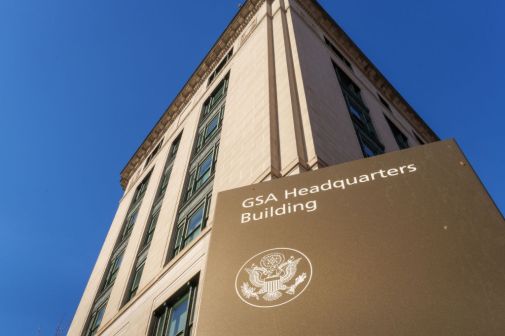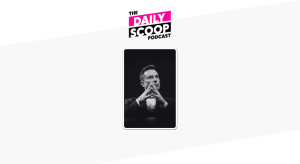
Be it through legislation, executive order or public-private partnership, the federal government has made it a mission to open its data to the public. But now leaders need to show the public how to really benefit from their work.
Experts looked at a variety of strategies to publicize the plethora of ways open data can be used Thursday during an Association for Federal Information Resources Management panel in Washington, D.C.
“We need to change the level of conversation,” said Peter Aiken, associate professor of information systems at Virginia Commonwealth University. “I’ve heard that not just from private industry but from data scientists. They don’t get what we are trying to do from a business perspective.”
Aiken, who has performed and studied data management for more than 30 years, said that the conversation should start with the fact that the value of data comes from the ability to pair facts and meaning together in an appropriate way.
“Data should be considered as an asset,” he said “It’s the only type of asset we have that is a non-depletable, non-degrading, durable asset. When you start to talk about it that way, people start to go ‘Hmm, we should have somebody watching out for that.’”
While Aiken said data science has progressed very well inside organizations, more needs to be done to scale that usage across agencies and private sector businesses.
“The idea is if we can take all the good efforts at the workgroup level and pull them in the same direction, we can gain some incredible power,” he said.
One agency trying to harness that power is the National Oceanic and Atmospheric Administration. David McClure, a data asset portfolio analyst at NOAA, said the agency is trying to upload its entire library of oceanic data to the cloud as part of a CRADA it entered with a number of top cloud service providers. This effort comes as the agency has seen what is possible with opening their weather data — so they want to get it out to the public to determine if it has the same kind of value.
“We all recognize the value of the data, we don’t know how much,” McClure said. “We know there are these tools to use with the data, but the first thing we need to do is have the data. NOAA has this vast reservoir of data and we would be very happy to make it open to the public.”
Johan Bos-Beijer, the director of analytics and services for GSA’s IT office, said pushing agencies to figure out how a chief data officer would fit inside their agency would go a long way toward setting a strategy.
“The CDOs are going to have different roles in different agencies,” he said. “One size doesn’t fit all, Clinger-Cohen doesn’t fit all, FITARA doesn’t fit all, so although we are trying to make strides in those areas, we need to be cautious we are not replicating the same model that was problematic in the past.”
Bos-Beijer, who is working to implement the Digital Accountability and Transparency Act across the federal government, said having someone serve as CDO would give agencies a point person to spur activity — and hold accountable that the right data is getting pushed to the public.
“As that financial data is starting to get amalgamated and published, the pressure is: What does the citizen want to see?,” he said. “Does a citizen care about your general ledger balances or if the code on the contract is correct? No. They want to know how much of their tax dollars are going into their local community. The real challenge and the opportunity now is in the bath of data, figuring out what works best for the people they serve.”
Contact the reporter on this story via email at greg.otto@fedscoop.com, or follow him on Twitter at @gregotto. His OTR and PGP info can be found here. Subscribe to the Daily Scoop for stories like this in your inbox every morning by signing up here: fdscp.com/sign-me-on.






